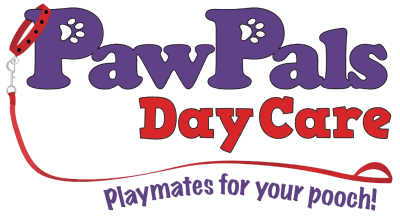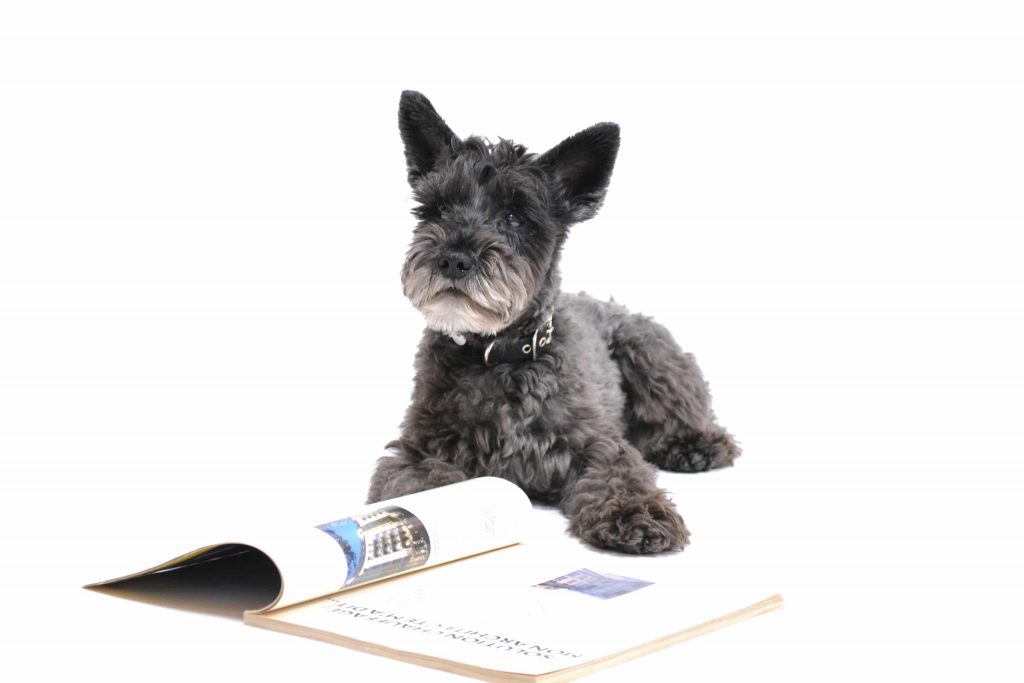Is it time to start teaching your dog some essential skills and strengthen the bond between the two of
you? Enrolling your dog into obedience training might be the next step for you both. Some see
obedience training as cruel or unnecessary, but really there are so many benefits and reasons why it is
vital for you and your dog, and we’ll explain why.
Why is it so important?
Many people question, is dog obedience training worth it, and is obedience training good for a dog? The
answer is YES! One of the primary reasons is to build the trust between you and your dog, to strengthen
the bond and create more of an understanding. Being able to communicate with your pet is necessary
for future development. It is one of the key aspects and takeaways of obedience training classes. When
you begin training together, they will start to understand words and body language, therefore increasing
your ability to communicate with them.
Dog obedience training is essential for dogs to stay physically and mentally stimulated. So by taking
them to a class where they can learn and be active ticks both of the boxes. Basic dog obedience training
classes will also encourage socialisation with other dogs and will allow them to continue to learn new
things.
Some puppies struggle with behavioural issues when they first start in a new home. If these are not
addressed promptly, they can develop into more significant problems that are more difficult to fix. By
taking them to dog obedience training, they will learn the basics while you learn the tips on how to be
assertive and respected. Training will help your dog recognise you as the ‘leader’, and from there they
will follow your guidance.
When should a dog start obedience training?
The sooner, the better! Whether a new puppy has just come into your life or you have rescued an older
one, start training at the earliest convenience. The longer you wait, the higher the chances are of your
dog picking up bad habits or getting comfortable pushing boundaries and breaking the rules. Dog
obedience training isn’t only about training your dog but opening you up to what kind of guidelines you
want to set for your dog. So especially if you are a first-time dog owner, going to class as soon as
possible is beneficial for you both.
What kind of obedience training do we offer?
Here at PawPals Day Care, we have a few different dog obedience training classes dependent on age and
what you are wanting to get out of the training. Our ‘Puppy Kindy’ is designed for dogs aged 7 – 16
weeks with a focus on household manners, confidence building, and leash walking. For dogs over this
age bracket, we have ‘Level 1 Class’ for pups from 4 – 12 months of age who still need help with their
manners. In this class, we focus on behavioural problems, engagement exercise, and lots of socialisation.
Both courses are six weeks along and are rewards-based training. Puppies must be vaccinated before
attending class. For more information on our classes head over to our website.
What is basic obedience training for dogs?
On a basic level, most obedience training classes will focus on the main tips and tricks to learn like how
to sit, drop, stay and come. Many courses will then target some of the behavioural issues that affect
many dogs and owners and how to combat them. These problems can be barking and jumping up. Leash
walking is another essential skill that many dogs and owners must learn as being active and going
outdoors is a must. Finally, socialisation is an integral part of training and one of the main reasons why
classes are done in diverse groups. By including dogs of all sizes and breeds, your pup has the chance to
become comfortable with others.
So if dog obedience training is sounding like something you and your pup need to get a handle on, why
not explore our website today. Or, if you give one of our experts a call on 0450 358 915 and we can discuss what options we have that will suit you and your dog.

